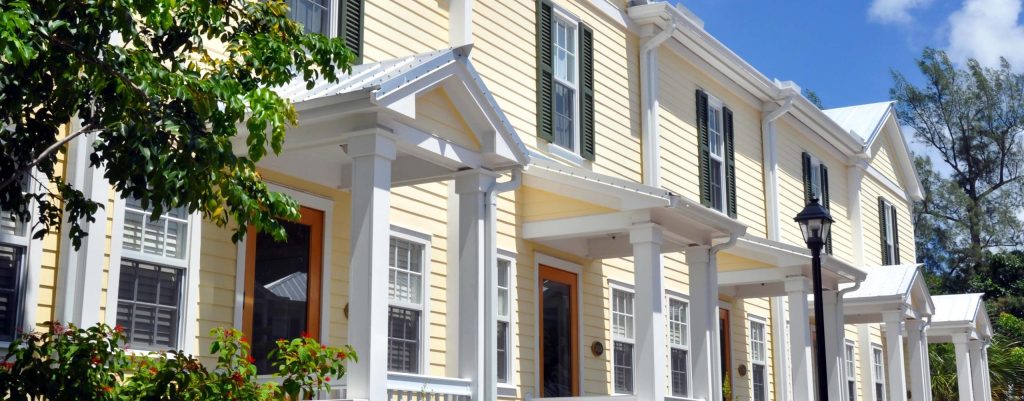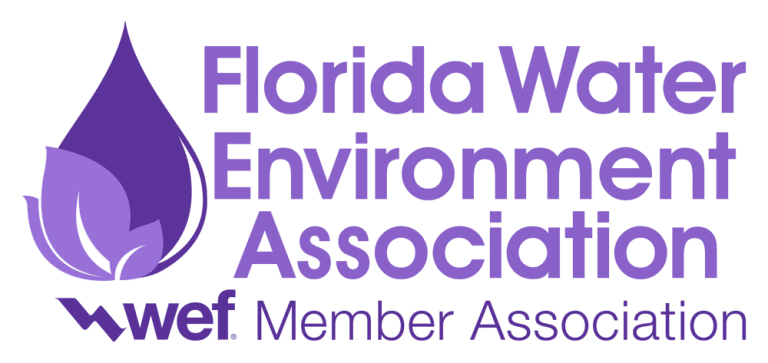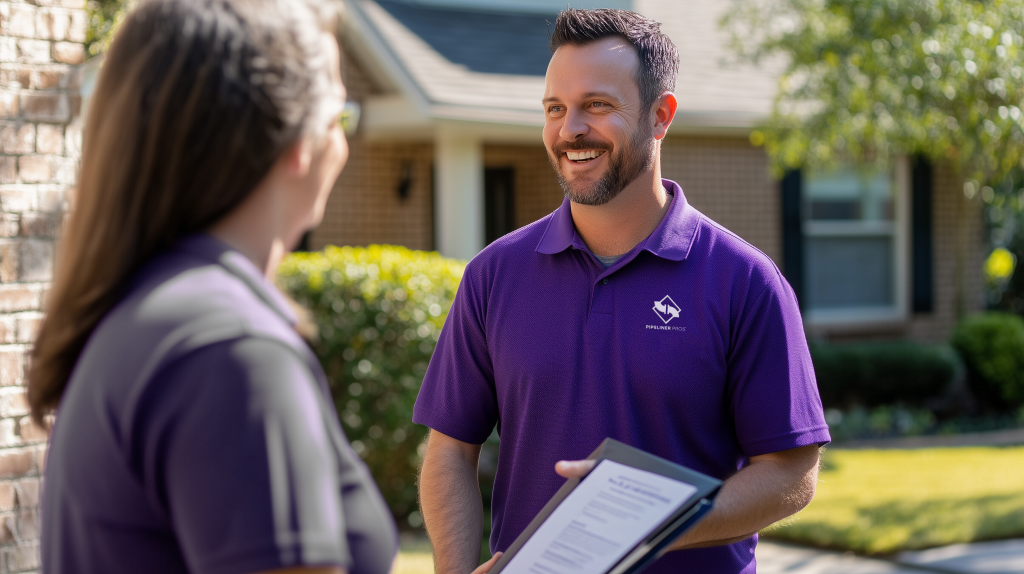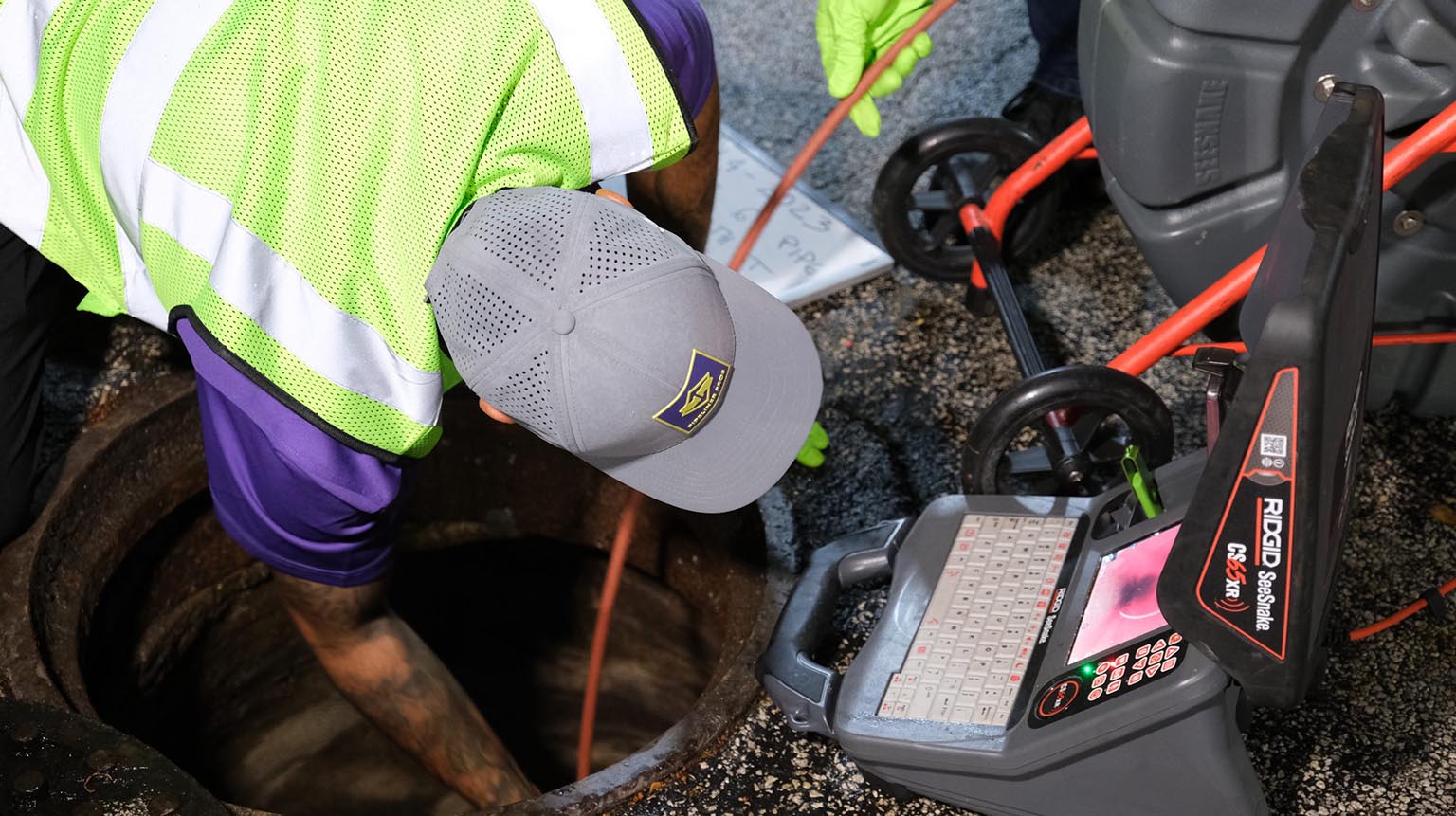The State of Florida has introduced rigorous requirements for condominiums to undergo Structural Integrity Reserve Studies (SIRS) to ensure these buildings’ long-term safety and sustainability. This initiative responds to growing concerns about structural integrity and safety in aging buildings, particularly after notable incidents highlighting the potential risks associated with neglected maintenance. The Florida Statutes, tailored explicitly for condominium governance and maintenance, outline the necessity for comprehensive evaluations of structural and functional components of condominium buildings, including critical pipeline assets.
Understanding SIRS
The Structural Integrity Reserve Study (SIRS) is a detailed inspection and analysis designed to assess the current condition of a building’s structural and functional components. It is a foundational tool for planning future reserve account maintenance, repairs, and funding. SIRS aims to identify potential issues before they escalate into significant problems, thereby ensuring condominium buildings’ safety, functionality, and longevity.
Florida Statutes on SIRS
The Florida Statutes mandate that condominium associations conduct periodic reserve studies to evaluate the condition of common elements and association property. These statutes underscore the importance of proactive maintenance and reserve fund planning to avoid unexpected failures and financial hardships for condominium residents. By adhering to these regulations, condominium associations can ensure that their buildings remain safe, functional, and financially stable over the long term.
Importance of Comprehensive Pipeline Assessment
Plumbing systems are the lifelines of any residential building, ensuring the seamless flow of water and waste. In the context of SIRS, a thorough condition assessment of pipeline assets is not just a recommendation—it is a critical necessity. Pipelines, being mostly concealed within the structure, are prone to degradation over time due to various factors such as corrosion, blockages, and wear and tear from regular use.
A comprehensive pipeline assessment goes beyond superficial visual inspections. It involves advanced diagnostic techniques like video pipeline inspection, hydrostatic testing, and material analysis. These methods provide an in-depth understanding of the pipeline’s condition, identifying issues that are not visible to the naked eye, such as micro-cracks, internal corrosion, and root intrusions.
Why Not Just a Visual Inspection?
Relying solely on quick visual inspections can lead to oversight of critical issues that could compromise the entire plumbing system’s integrity. While useful for identifying obvious problems, visual inspections fall short of detecting hidden defects that could lead to catastrophic failures. A robust condition assessment ensures that all aspects of the pipeline system are meticulously examined, ensuring that the reserve study accurately reflects these assets’ condition and anticipated lifespan.
Conclusion
The implementation of SIRS, as mandated by Florida Statutes, underscores the state’s commitment to ensuring the safety and longevity of condominium buildings. A comprehensive condition assessment of pipeline assets is an integral component of this process, going beyond mere compliance to safeguard the well-being of residents and the structural integrity of the buildings they call home. By embracing a thorough approach to pipeline assessment, condominium associations can ensure accurate, actionable insights are integrated into their reserve studies, paving the way for informed maintenance strategies and financial planning.












